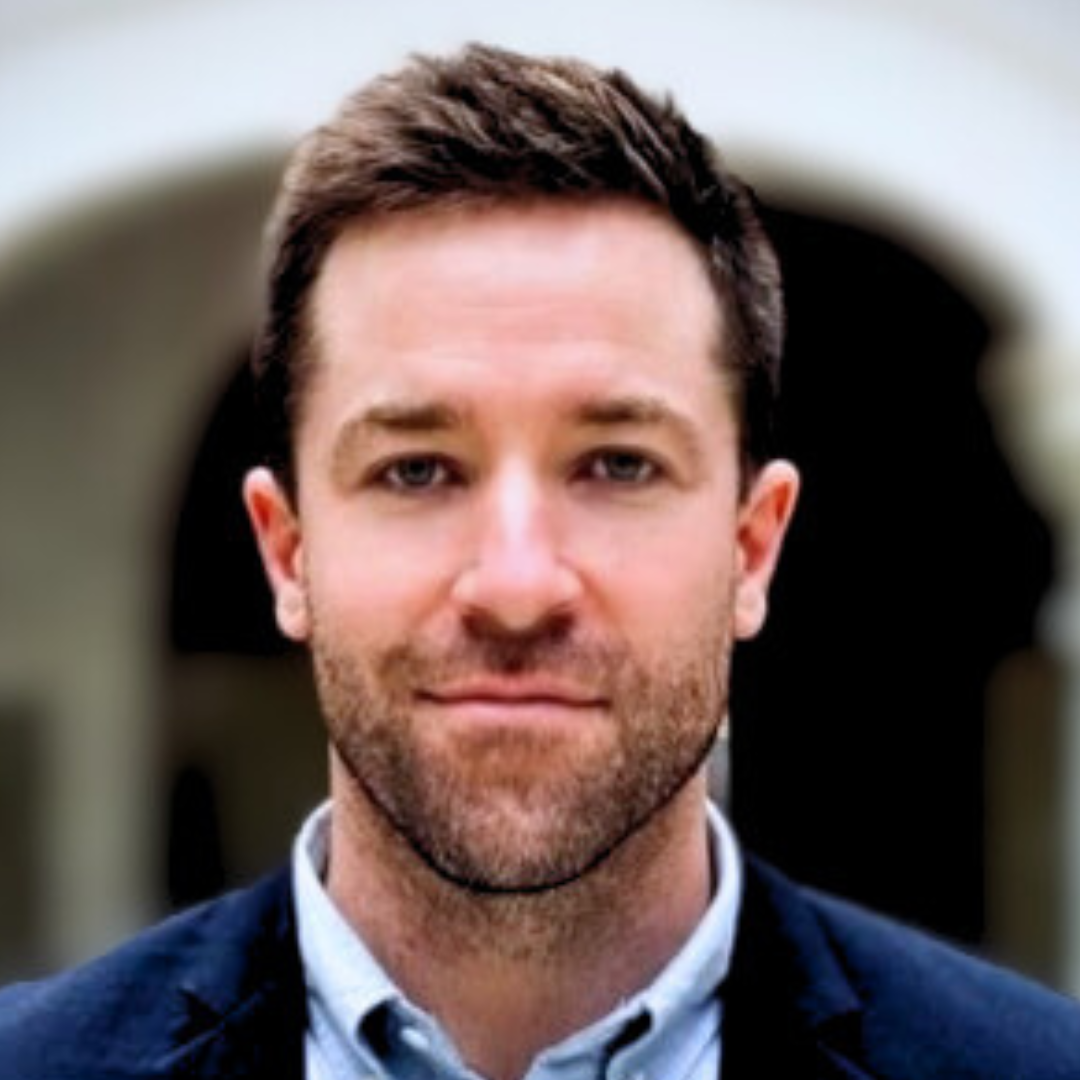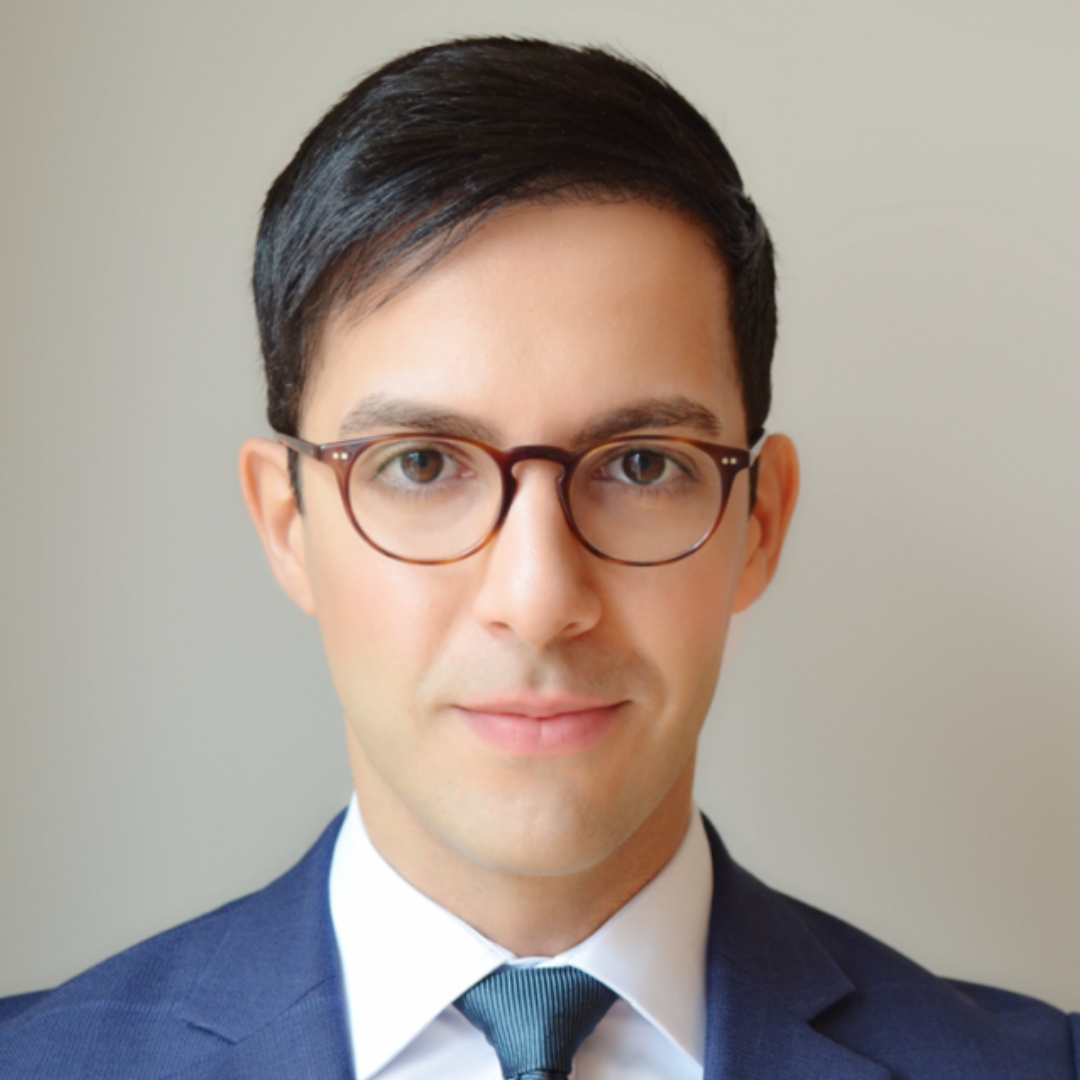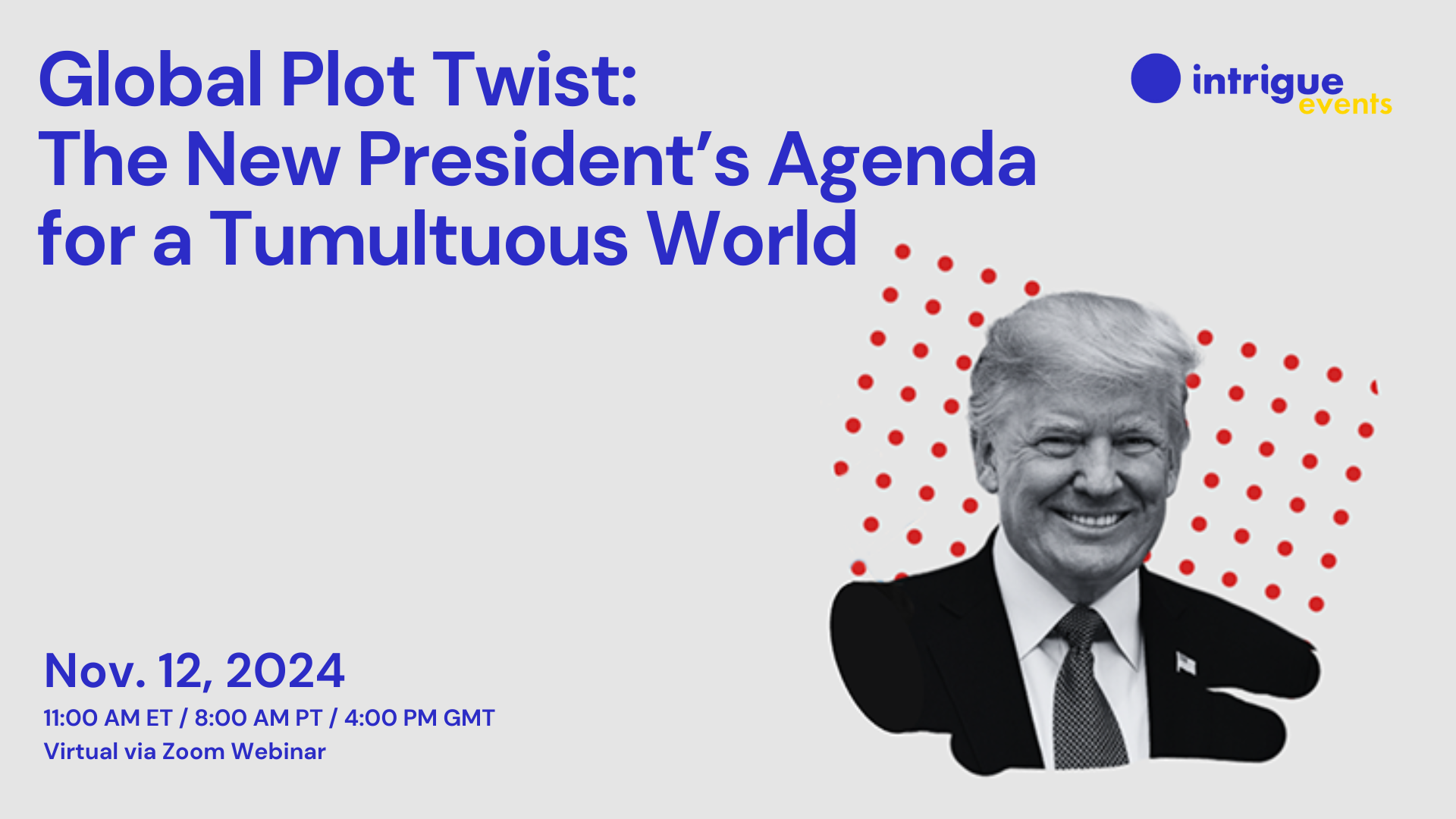📣 WHAT THEY SAID

Neil Thomas
Fellow on Chinese Politics, Center for China Analysis Asia Society Policy Institute
🍰 “China wants to have its cake and eat it too. It wants to be seen as a global leader. It wants to be seen to be playing an important role in stabilizing and shaping the direction of important conflicts and issues around the world. But it hasn’t been willing to put its own interests on the line and bear the potential costs of playing an involved role in these negotiations.”

Ali Vaez
Sr. Adviser to the President & Project Director for Iran
International Crisis Group
💥 “There is literally bad blood between Iran and Trump. First, President Trump killed General Soleimani in Baghdad in January 2020. And ever since then, the Iranians have wanted to kill him and people around him.”

Kristen Talman
Washington Editor | International Intrigue
🤝 “Trump’s re-election isn’t just about policy—it’s about people. His appointments are sending a clear message: he’s stacking his team with loyalists, and that’s going to have serious implications for how we engage with allies and rivals alike.”

John Fowler
Co-Founder | International Intrigue
🗳️ “I think it’s fair to say that Trump was elected on an isolationist policy. He’s deeply skeptical of foreign engagements and wars. He’s skeptical of NATO, as we all know. And I think he’s generally just skeptical of multilateral organizations and security arrangements. I’m not making a judgment on whether that’s a good or bad thing, but it is a different thing and could significantly change how the world works.”
📋 KEY TAKEAWAYS
Early indications from President-elect Trump’s personnel appointments suggest three things: (1) Trump 2.0 is likely to continue his (and President Biden’s) tough-on-China policy, (2) Trump will face far fewer checks and balances, and his instinct to ‘make a deal’ could lead to significant changes in the balance of power in Eastern Europe, the Middle East, and Asia, and (3) Trump’s reelection will accelerate the world’s ‘multipolarization’ (a ten-dollar word to describe the rise of regional power players like Turkey, Saudi Arabia, India, and others).
Here are some further highlights from the conversation:
- Return to isolationism? Trump’s isolationist tendencies are in line with pre-WW2 US foreign policy. Skeptical of international alliances and multilateral organizations, a Trump 2.0 era might see the U.S. steering clear of “permanent alliances,” echoing George Washington’s 1796 advice. This could lead to reevaluating commitments to NATO and other international bodies.
- Iran tensions will escalate: With Trump’s possible reinstatement of “maximum pressure” sanctions on Iran, Ali Vaez warned of increased tensions that could inch toward military confrontation. Iran’s likely response would be to ramp up its nuclear program and regional activities, rejecting pressure without concessions. The delicate balance achieved in the Middle East could be destabilized, affecting global security.
- How China will deal with Trump 2.0: Neil Thomas highlighted that China’s leadership may attempt to exploit Trump’s deal-making persona, possibly seeking relief from tariffs that have strained its economy. However, Trump’s focus on economic policies and tariffs is expected to persist, potentially intensifying US-China trade tensions.
- Shifting Alliances in the Middle East: The unexpected détente between Iran and Saudi Arabia, facilitated by China, has altered regional dynamics. Trump’s strong support for Israel and close ties with Saudi Arabia could be tested as these nations reassess their positions. The US may find its traditional influence in the Middle East challenged by new partnerships and rivalries, and Trump may be happy to let US influence wane.
- Unpredictability on the world stage: The past four years have been marked by unprecedented global events—COVID-19, Russia’s invasion of Ukraine, and escalating conflicts in the Middle East. A second Trump term introduces further unpredictability, and while Trump and his team may have grand plans about solving existing conflicts and refocusing US attention on China, Intrigue co-founder John Fowler joked that foreign policy often conforms to the ‘Mike Tyson’s first law of the universe’: everyone has a plan until they get punched in the mouth.
- Personnel is policy: Trump’s new cabinet picks all have at least two things in common: they are skeptical of bureaucracy and have been elevated above their experience by Trump and therefore “owe” him loyalty (with the arguable exception of Secretary of State nominee Marco Rubio). Trump’s cabinet should be expected to be more effective at implementing his decisions and is unlikely to face the same resistance given Republican control of all branches of government. We still expect the bureaucracy to try to curb Trump and his appointees’ more radical decisions, particularly in the Pentagon, where there is deep skepticism about Pete Hegseth’s qualifications, experience, and views.
📽️ FULL RECORDING
🌏🗓️ INTERNATIONAL INTRIGUE EVENTS
If you enjoyed this program, stay tuned for more events throughout the year. We’re excited to bring you more events with the Intrigue twist, offering global insights through engaging, expert-driven discussions.
Stay on top of your world from inside your inbox.
Subscribe for free today and receive way much more insights.
Trusted by 114,000+ subscribers
No spam. No noise. Unsubscribe any time.
- 📣 Want to speak at an International Intrigue event?
We’re looking for leaders who bring valuable experience, a passion for engaging and educating audiences, and a bit of that unique Intrigue flair. Interested? Complete your profile here. - 🗓️ Want to sponsor an International Intrigue event?
Drop us a line at contact@internationalintrigue.io to discover sponsorship opportunities and upcoming availability.
If you have any questions or want to volunteer at an upcoming event, please email events@internationalintrigue.io.








